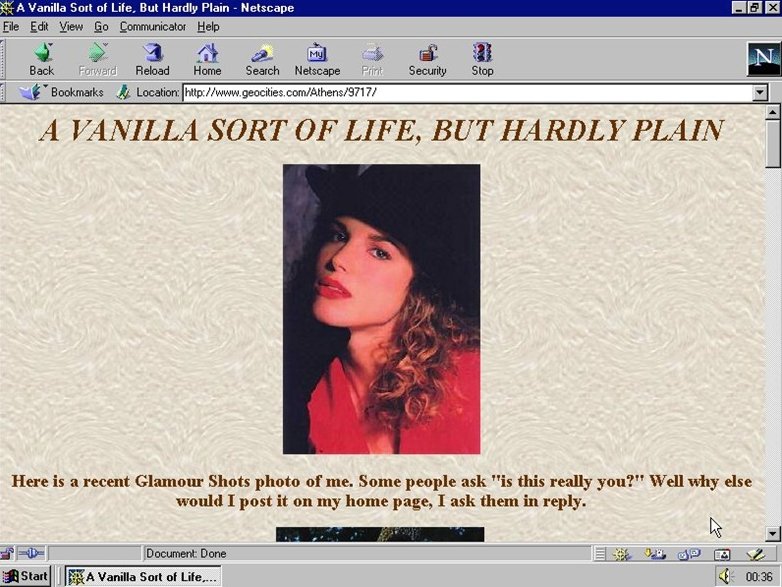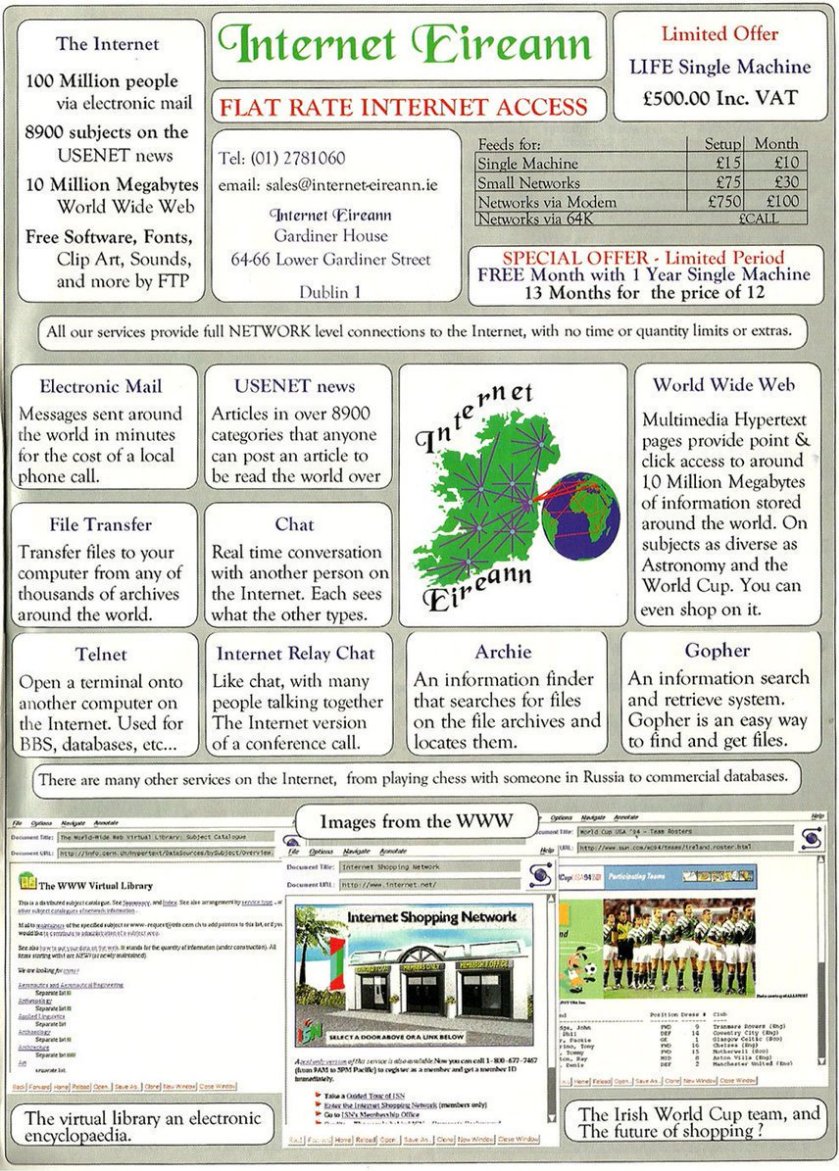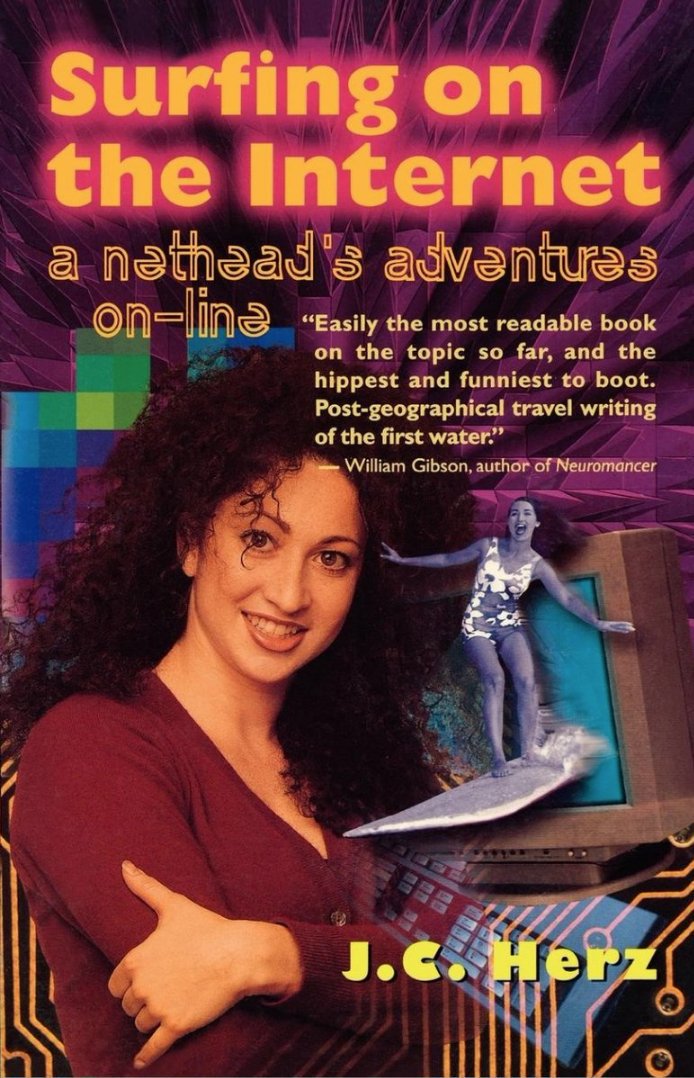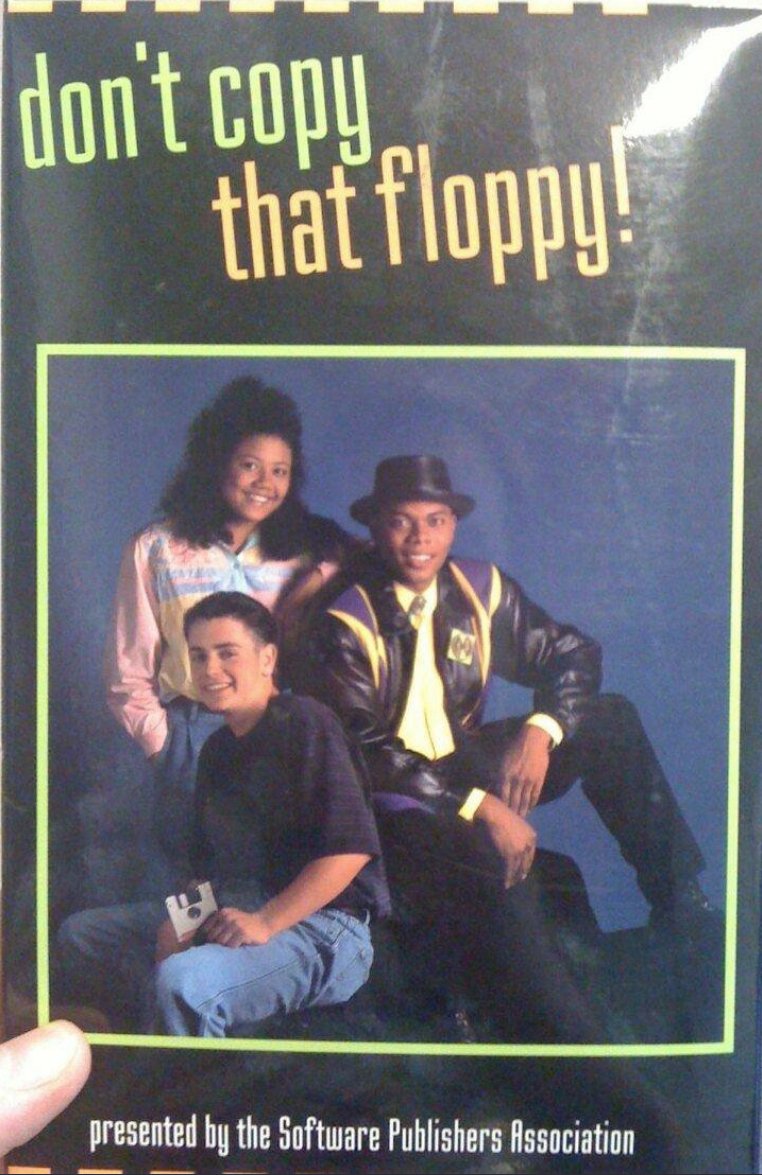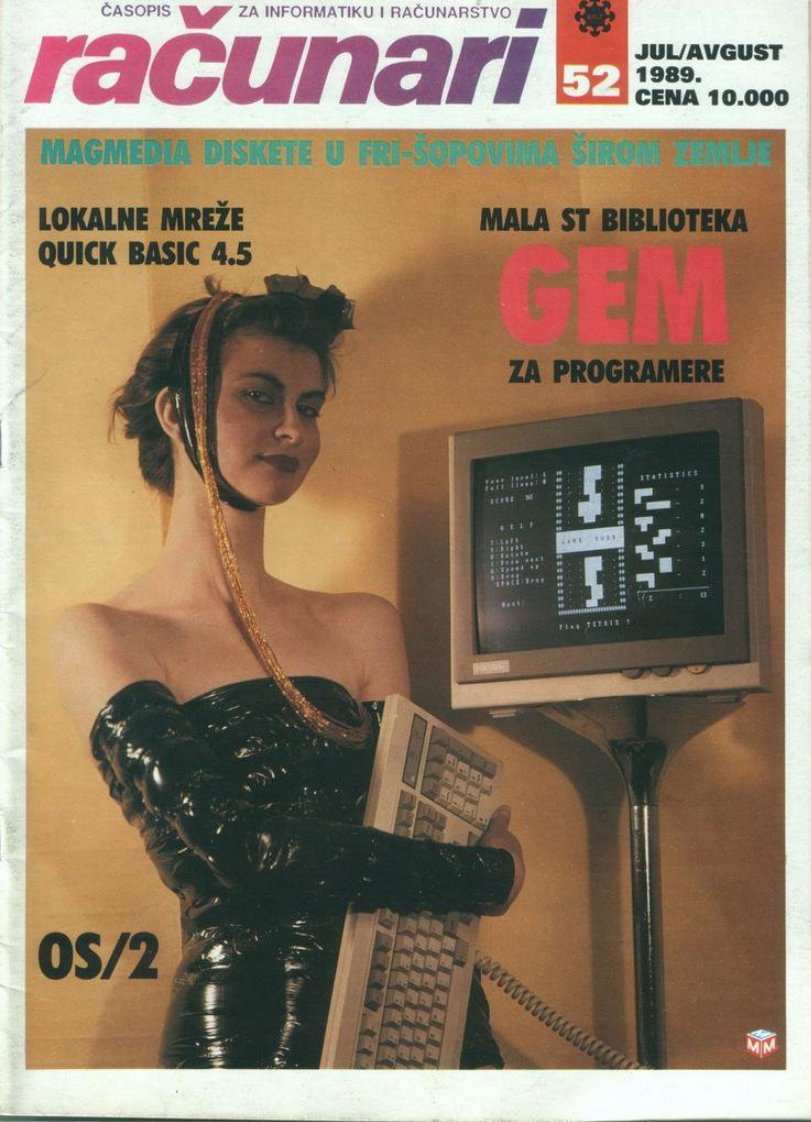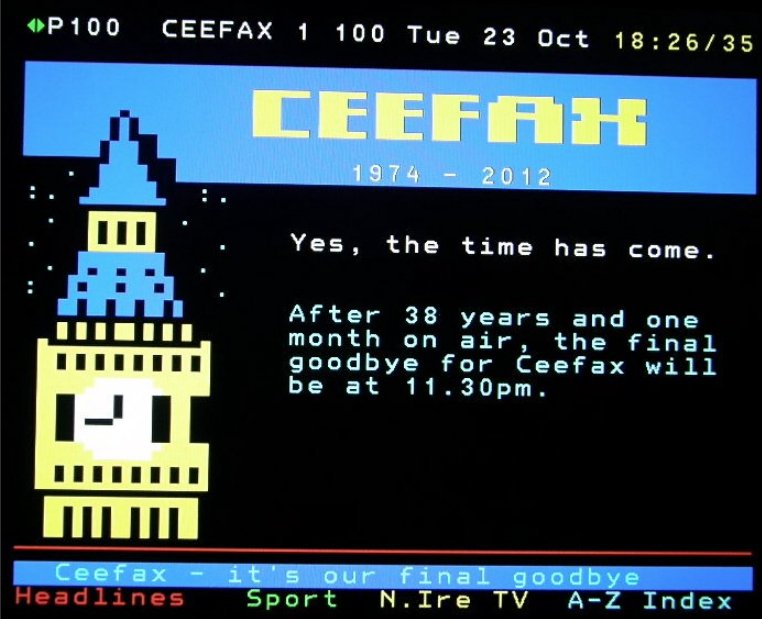According to Accenture we now need to build an #InternetofTrust, because the old one we grew up with is fundamentally broken.
Dude, it's never been unbroken. Let me explain...
Dude, it's never been unbroken. Let me explain...
The internet is huge, and ever since its creation people have been trying to hack it. It's not very secure, a lot of its infrastructure is old and we're all pretty careless on security: fertile ground for mischief, or worse...
Now the term 'hacker' is from the 1960s and originally meant someone who was very good at FORTRAN: they could literally 'hack' doing all the coding! Nowadays it's applied to anyone who subverts computer security, or wears sunglasses indoors.
In 1967 RAND computer scientist Willis Ware had predicted that information sent via the ARPANET (which the internet grew from) would be vulnerable to compromise. Anyone could potentially steal data on a distributed network, from any connected location...
...and even though Ware wrote a (now declassified) paper on online security the ARPANET development team didn't take heed: it was hard enough to make packet switching work on 1960s technology without overloading it with 'security.'
Although the World Wide web evolved on an unsecure platform it evolved BECAUSE it was an unsecure platform. Anyone (with enough motivation) could hack it, crack it and start to develop it into something rather special: a fun place to go...
We tend to forget that the internet was meant to be fun: you could create things, contact people, show off. And what turbocharged this was a range of simple ways for anyone to get online and create pages and pages of spinning gifs and web rings...
Geocities did more than anything else to growth hack the internet. With no skill, no tech background and no clue as to what you were doing you could create your own web presence for free. The Net was not a read-only experience: you could be part of it.
Of course chaos ensued: unfiltered information with no real provenance, unstructured and often unfindable filled the void of cyberspace. As a result people would spend hours surfing, bumping into information, like a digital wanderlust. That was half the attraction.
Eventually a number of start-up companies began trying to bring order to the chaos: not by demanding that the internet be redesigned, but by thinking carefully about how we should search it. Chaos was making us think differently about information.
By the late 1990s the internet had settled on what it was going to be: a lifestyle! Being online wasn't about 'doing' anything in particular, it was about participating. The web was starting to break down silos between different media, putting the user more in charge.
And big business, sensing an opportunity to monetize our new digital culture, tried to move in. But it couldn't work out if the web was an opportunity or a threat. The digital world meant playing by new rules; how could you make money in an environment you don't control?
The answer, as we now know, is data. Big companies give us lots of free online stuff in return for unparalleled access into our daily lives, which they sell on to companies who want to influence us. Who are the hackers now? Hmm...
And to be blunt you're not going to fix this by reinventing the web. If the only viable business model is harvesting personal data for cash in return for free digital services then there can never really be online trust - not unless you change the business model.
There can never be an #InternetOfTrust unless some kind of responsible authority controls the web and polices what can happen on it. And if that happens then you don't have an internet - you have just another controlled channel of permitted discourse.
The difference between a utopia and a dystopia is often one of perception. We once hoped the web would set information free and bring people together: instead we now flame each other in a world of diminished privacy. Is there an answer to this?
The answer is time. At some point, perhaps sooner than we think, the internet will go the way of Ceefax, chat rooms, and the CB radio - something else will replace it. My job is to try and archive some of its bette bits before the plug is pulled.
More stories another day...
More stories another day...

 Read on Twitter
Read on Twitter




